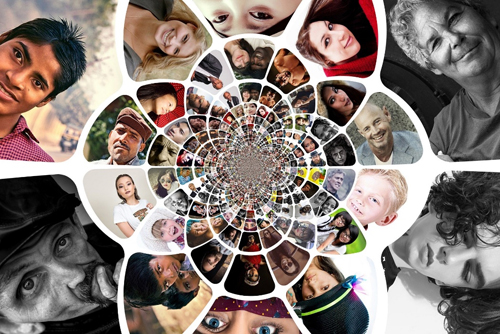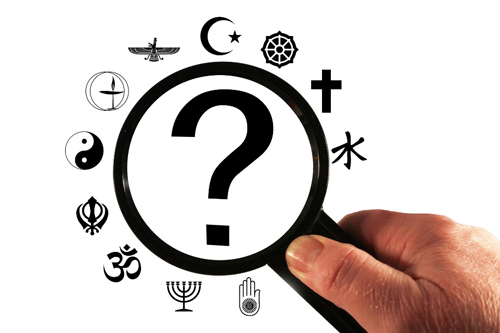Do you believe that everyone around the world can participate in global citizenship? Can a person living in poverty be a global citizen as effectively as a wealthy person?
Introduction
Meera Mather and Kisha McPherson
Introduction to Global Citizenship
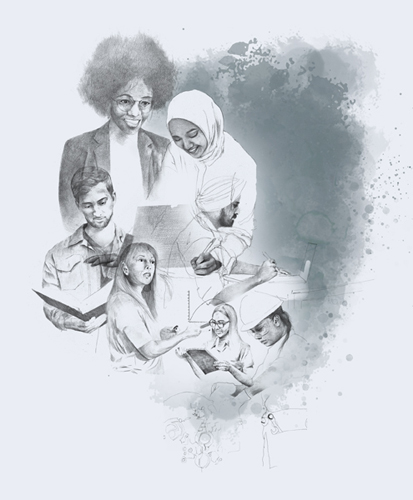
Citizenship refers to membership and participation in a specific community. The term “citizenship” has both legal and social meanings. In a legal sense, it refers to the status of a person who lives in a particular country. As a member of a country, a citizen is given a set of rights and privileges and accepts certain responsibilities. For example, a Canadian citizen is expected to obey laws and pay taxes. In return, Canada provides its citizens with rights such as freedom of speech and the right to vote, among other things (Citizenship and Immigration Canada, 2012). In a social sense, citizenship refers to participation in a community. Citizens fulfill and debate their rights and responsibilities (Centennial College, 2009).
Global citizenship is a concept that recognizes the interconnectedness of people from diverse societies across the globe. It emphasizes that we are all part of a global community and can share values, beliefs, ideas, voices, resources, and practices. We are not only citizens of a nation; we are also citizens of the world. As citizens of a nation, we attempt to work collectively to improve our country. However, as global citizens, it is essential that we work to better the lives of people across the world.
Watch this video to learn the story of Viola Desmond, an entrepreneur who challenged segregation in Nova Scotia in the 1940s. (Source: Historica Canada, 2016)
Viola Desmond was a Canadian citizen who was denied her right to participate fully in Canadian society based on her race. She took a stand against racial injustice. Desmond fought for her rights as a national citizen, but she was also acting on the principles of global citizenship by fighting against the worldwide problem of racial inequality.
Historical Context for Global Citizenship
In the world of our early human ancestors, social circles were small. Knowledge was either passed down from elders or experienced first-hand. Compare that to society today where we live in communities of millions and have access to knowledge far beyond that of our elders. Contact with the rest of the world is literally at our fingertips, accessible within seconds (Global Citizenship, 2015, p.6).
The term “global citizenship” was traditionally associated with the concept “cosmopolitism”. The word cosmopolitan means “world citizen” (Global Citizenship, 2015). We can recognize ourselves as world citizens by thinking about the spread of online technology across the world. Today, we can connect with people around the globe. This creates international communities where individuals develop a sense of belonging. This has also strengthened our ties to other countries. The use of technology is increasing our individual and collective global economic activities, and access to information expands our awareness of inequalities in our world (Israel, 2013). For example, during the global pandemic of COVID-19, information was shared across nations, and countries collaborated to share resources and to find effective resolutions.
History has taught us that a country and its citizens cannot exist in silos. We must be concerned, connected, and engaged with the rest of the world. Climate change provides an example. Pollutants from the industrialized West and Asia are destroying farmland in sub-Saharan Africa. Rising sea levels are flooding Bangladesh. The poorest countries are facing the worst consequences of the actions of the richest countries. What we do and the choices we make have a wide impact.
Go Deeper
For more insight into the historical role industrialized countries have played in climate change, and the challenges faced by the global community in fixing this problem as it evolves, read this blog post. (Source: Ritchie, 2019)
Throughout this e-textbook, we will be critically thinking and questioning how to apply the concept of global citizenship. The concept of global citizenship can provide the modern world with much-needed critical and ethical perspectives. These will allow us to stay globally connected and contribute to achieving fairness and justice for all people. To think globally also means to act locally. Global, social justice consciousness starts at home, with an honest examination of how our own society treats its citizens. See the following video for an example.
This video outlines and explains some key perspectives and concerns related to the Dakota Access pipeline, which has created tensions between the US government and Indigenous communities across North America. (Source: Vox, 2016)
Considering Canada’s responsibilities to its citizens, including voting privileges, safety, and ensuring people’s basic well-being, have our laws and policies always ensured these rights for Indigenous people across the country?
Why Study Global Citizenship
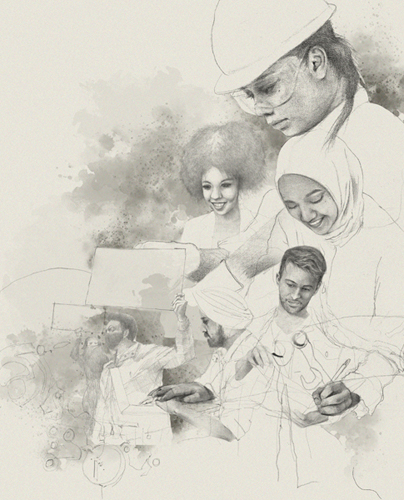
Global citizenship has never been more relevant in our diverse society. The study of global citizenship creates critical thinkers. It encourages the ability to see and apply multiple perspectives when assessing events and trends. It also helps develop big-picture thinking. This can help us better understand why current events happen and what their results might be.
For instance, in 2008, the Canadian government apologized for the great damage government policies had done to Indigenous Peoples in Canada. To start the process of healing, the government created the Truth and Reconciliation Commission (TRC). The TRC travelled the country to record the injustices experienced by Indigenous Peoples (Truth and Reconciliation Commission of Canada, n.d.).
At the end of this process, the TRC wrote a report. In it, 94 “Calls to Action” were listed. One of the Calls to Action is to acknowledge that we live on Indigenous Peoples’ lands. The study of global citizenship encourages us to think beyond what is presented to us. In this case, let’s use big-picture thinking.
Do you think this acknowledgement is enough to make up for centuries of abusive policies and actions by the government?
Go Deeper
This video depicts a land acknowledgment that takes place at a theatre and the reaction of one of the audience members. Using the form of comedy, this video asks a critical question about our responsibilities as citizens and residents of Canada. It also demonstrates how studying global citizenship builds the knowledge and skills required to work towards more equal and just societies. (Source: CBC Comedy, 2019)
Global Citizenship in Context
Becoming a global citizen requires active engagement with the tools and skills outlined below.
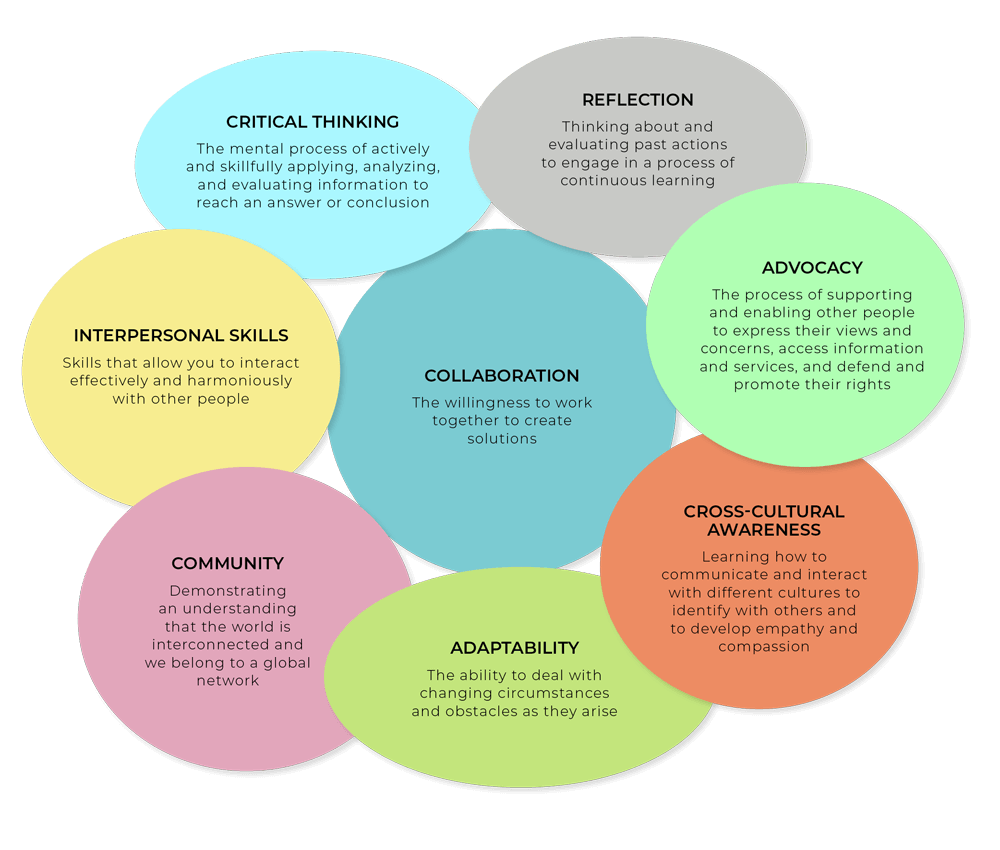
In this course, you will learn and apply these skills and tools in the context of global citizenship. These skills will also serve you in the workplace. Canadian employers want employees who can resolve conflict at the earliest stage. They are also looking for people who can think critically, communicate effectively, and engage successfully with a wide range of people (Bourn, 2009).
Developing interpersonal skills will help you both at work and in personal relationships. In the Global Citizenship course, you will build interpersonal skills through group work that requires both critical thinking and social analysis.
As you move through this course, you will examine and reflect on the following questions: What does being a global citizen mean to you? What are different ways of thinking about the concept of global citizenship? And what are the pros and cons of global citizenship?
GNED 500 Course (Global Citizenship: From Social Analysis to Social Action)
This e-textbook is a resource for the GNED 500 course, Global Citizenship: From Social Analysis to Social Action. As you journey through this course, it will support your learning in the classroom. The course is designed to introduce you to social analysis tools and frameworks to increase your understanding of social problems in our interconnected world.
The areas we will explore include globalization, identity, social analysis, social structures, ideologies, social problems, media literacy, equity and equality, and social action.
The overarching goal of this course is to develop strategies to promote justice through social action. In the final module of this course, you will explore how to effectively address social problems through social actions that you take as a global citizen.
Figure 1: GNED 500 Course Framework
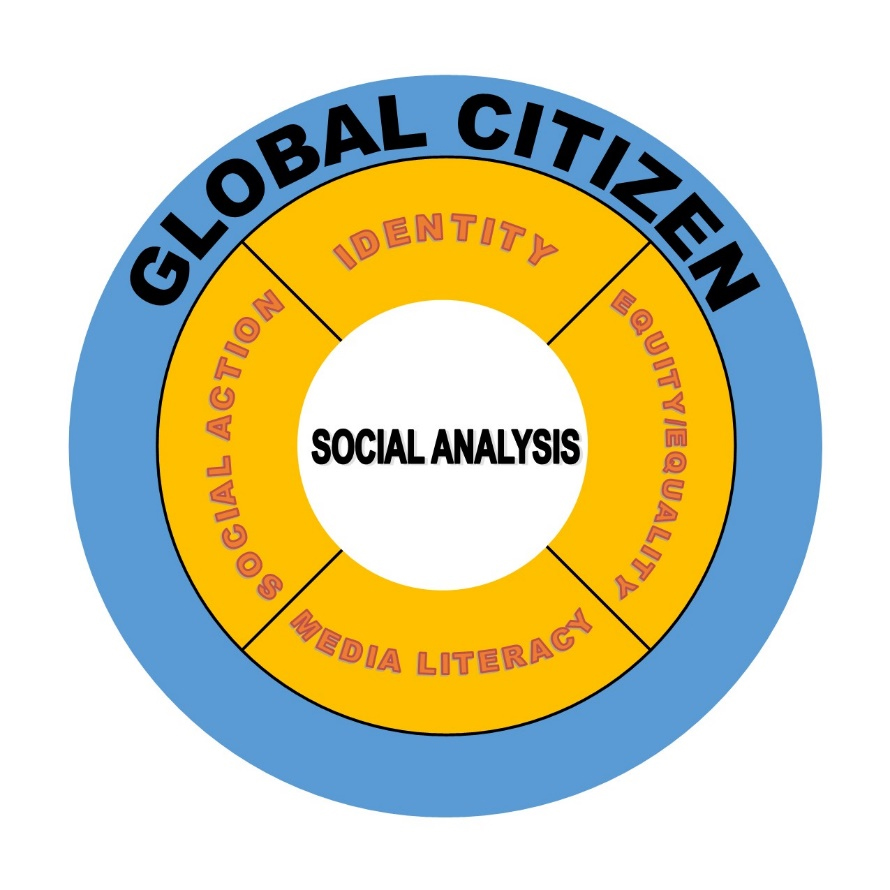
Key Concepts
Key Concepts
cosmopolitan
Belonging to all the world; not limited to just one part of the world. To be free from local, provincial, or national ideas, prejudices, or attachments.
cosmopolitanism
Belonging to all the world; not limited to just one part of the world. To be free from local, provincial, or national ideas, prejudices, or attachments.
global citizenship
A concept based on social justice principles and practices that seeks to build global interconnectedness and shared economic, environmental, and social responsibility.
silo
To separate something or someone from other things or people.
Sources
Licenses
Introduction in Global Citizenship: From Social Analysis to Social Action (2021) by Centennial College, Meera Mather and Kisha McPherson is licensed under a Creative Commons Attribution Non-Commercial Share-Alike License (CC BY-NC-SA 4.0) unless otherwise stated.
Introduction photo by Kelsey Knight on Unsplash
References
This module contains material from “Global Citizenship: From Theory to Application” and “A Critical Analysis of Global Citizenship,” by Philip Alailabo, Moreen Jones Weekes, Tom Kokkinias, and Cara Naiman, in Global Citizenship: From Social Analysis to Social Action © 2015 by Centennial College.
Advocacy Focus. (n.d.). What is advocacy? https://www.advocacyfocus.org.uk/understanding-advocacy
Boarding Call. (2018, April 28). The 5 qualities of global citizenship. EF Educational Tours. https://boardingcall.eftours.ca/the-5-qualities-of-global-citizenship/
Bourn, D. (2009). Students as global citizens. In E. Jones (Ed.), Internationalisation and the student voice: Higher education perspectives (pp. 44–55). Routledge.
CBC Comedy. (2019, October 14). Land acknowledgement – Baroness von Sketch Show [Video]. YouTube. https://youtu.be/xlG17C19nYo
Centennial College. (2009). Global citizenship and equity portfolio student handbook. Toronto: Centennial College.
Centennial College. (2011). GNED 500 global citizenship: From social analysis to social action. Toronto: Pearson Learning Solutions.
Citizenship and Immigration Canada. (2012). Discover Canada: The rights and responsibilities of citizenship. https://www.canada.ca/content/dam/ircc/migration/ircc/english/pdf/pub/discover.pdf
Global Citizens Initiative. (2012, July 11). 10 steps to becoming a global citizen. Kosmos Journal for Global Transformation. https://www.kosmosjournal.org/other-article/10-steps-to-becoming-a-global-citizen/
Global Education First Initiative. (2015, September 23). Global citizenship education [Video]. YouTube. https://www.youtube.com/watch?v=tPdtGrnj7sU
Historica Canada. (2016, February 2). Heritage Minutes: Viola Desmond [Video]. YouTube. https://www.youtube.com/watch?v=ie0xWYRSX7Y
Israel, R. (2013). What does it mean to be a global citizen? OpenDemocracy. https://www.opendemocracy.net/en/opendemocracyuk/what-does-it-mean-to-be-global-citizen/
Ritchie, H. (2019, October 1). Who has contributed most to global CO2 emissions? Our World in Data. https://ourworldindata.org/contributed-most-global-co2
Silo. (n.d.). In Cambridge Online Dictionary. https://dictionary.cambridge.org/dictionary/english/silo
Truth and Reconciliation Commission of Canada. (n.d.). Our mandate. http://www.trc.ca/about-us/our-mandate.html
Vox. (2016, December 5). The fight over the Dakota Access Pipeline, explained [Video]. YouTube. https://www.youtube.com/watch?v=qJZ1-LAFOTo
Citizenship in a Global World
You have to take ownership and leadership of tomorrow. For that to be possible, you have to strengthen your capacity and widen your vision as a global citizen.
– Ban Ki-moon (former Secretary-General of the United Nations)
Can you imagine a world where everyone is aware of and concerned about issues like the environment, poverty, and how policies affect people’s lives? The concept of global citizenship was created by imagining such a world. This module introduces the foundational concepts of this e-textbook: global citizenship and social action.

Watch this video to learn more about the purpose and benefits of global citizenship education. The narrator starts by asking some questions that highlight how teaching global citizenship can help to address key concerns in the world. (Source: Global Education First Initiative, 2015)
